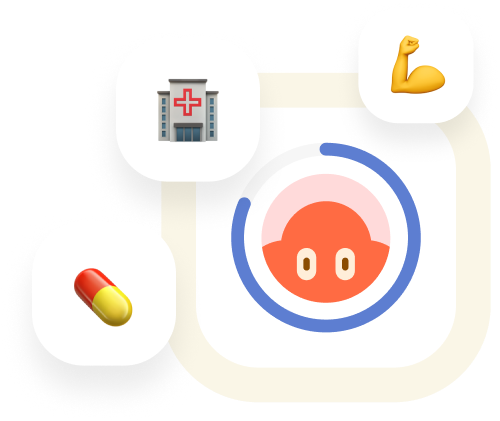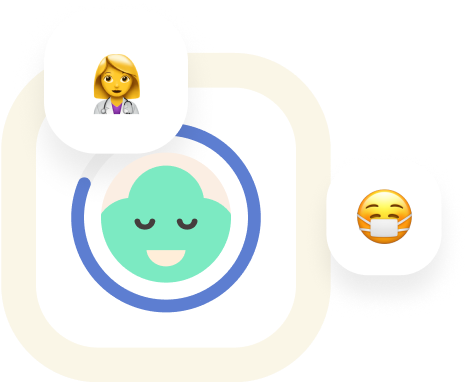Join a Community That Understands You
Get answers from those who share your health journey



D3monicRat's Post
Warning:The content may contain sexual or violent material that could be triggering.
D3monicRat
Updated 1y ago
Dealing with PTSD and Memory Loss: How to Fill in the Gaps?
Can you help? Connect today
Missallie
2y
D3monicRat
2y
MLee
2y
D3monicRat
2y
SJP
2y
D3monicRat
2y
tuffy1974
2y
Kadair
2y
anemone
2y
breadbored
2y
The content in this post is not intended to be a substitute for professional medical advice, diagnosis, or treatment. Always seek the advice of your physician or other qualified health provider with any questions you may have regarding a medical condition.

Free unlimited access
to all community content

Find others who are
medically similar to you

Pose questions and join
meaningful discussions
Alike is a transformative platform that goes beyond just bringing together patients; it meticulously connects individuals based on multiple critical factors, such as age, gender, comorbidities, medications, diet, and more, fostering a community of knowledge, support and empathy.
© 2020-2024 Alike, Inc